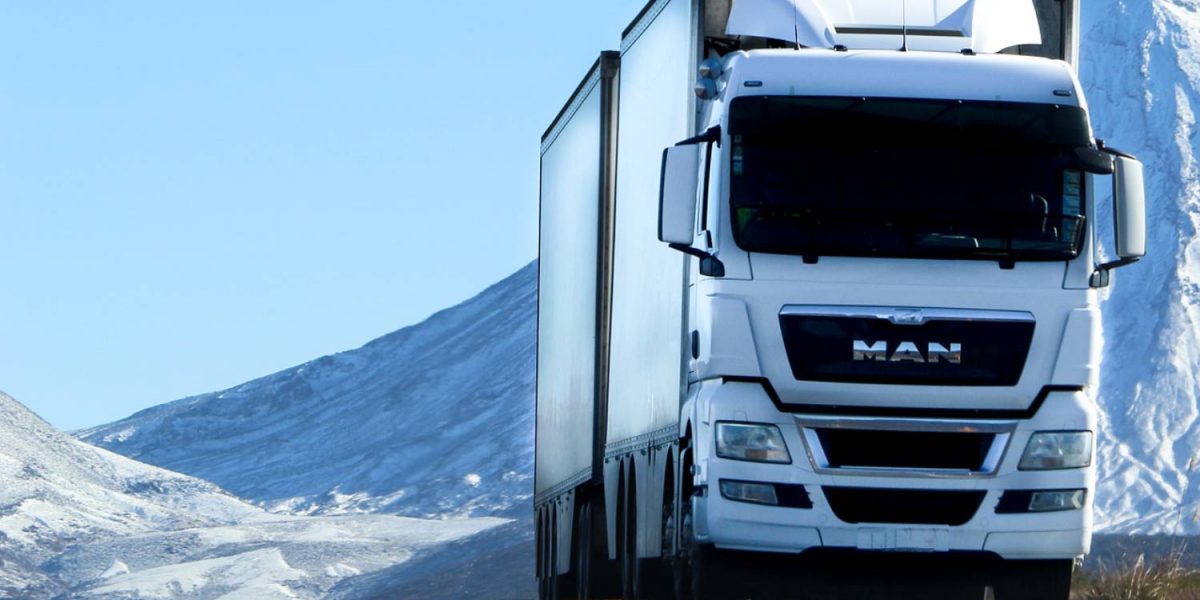Parcel vs LTL Shipping: Is it Time to Upgrade?
When it comes to E-commerce and other online business owners receiving bulk or even one-off products, or selling large or heavy products, either single items or bulk themselves, the default shipping method that comes to mind is always parcel shipping – either through USPS, FedEx, UPS, or another contracted shipping partner. And in 2022 and post-COVID, we’re also at a stage when customers want free, immediate shipping, and shipping drivers are under immense pressure to offload as many packages as they can by the end of their shift, with shipping prices that are rock-bottom, which trickles down to those drivers’ pay and willingness to make sure every item reaches their recipient, and on time.
Unsurprisingly, when it comes to shipping consumer items, the magic behind near-instant shipping is starting to crack. Amazon Prime orders are arriving late. USPS… well, is USPS. UPS and FedEx have had to turn to contracted drivers and partner companies to accommodate their delivery inventory. Fulfillment centers and warehouses are full. And this is usually just for standard single, B2C orders.
Now imagine that one of these overworked, underpaid, exhausted delivery drivers has to carry a 75-pound awkward-shaped recliner to a recipient with a 50-foot driveway. Alone. Or a 100- pound wheel (yes, companies have sent 100-pound wheels via FedEx Ground). Or, to add to that, a driver who started work at 5am and has to deliver one of these items with a note from the recipient that says, “please deliver between 6-8PM”.
In cases like these, you’re often charging customers the bare minimum for shipping, or none at all, and those customers are often expecting the impossible and are irate when that La-Z-Boy gets dropped while the exhausted driver struggles to carry it up your long, gravel driveway. That furniture might have better been delivered with a shipping method you may have heard of: LTL (Less-than-Truckload) shipping.
And on the receiving end, maybe for stocking your inventory, you have outgrown parcel shipping, or it’s just not the most efficient or economical option anymore. Successful small business owners that are scaling, like online e-commerce startups, are quickly going to learn that, once you’re receiving product in bulk, logistics becomes an inevitable part of doing business. Anyone or any business can receive a few dozen items of inventory in the mail, but when a few dozen becomes a few hundred and a few thousand, parcel shipping is no longer an option. And this is often where those scaling business owners find they know little to nothing about logistics options other than parcel delivery.
Some businesses, like online auto parts resellers, for example, might add larger and heavier items for sale, and find that those items can’t be sent via traditional mail. For example, an E-commerce auto parts company might decide to add auto body parts to their repertoire to offer to auto body shops. One of those items might be a bumper. Parcel shipping is not a realistic solution for either sending or receiving something that large. “I order parts all the time for work,” said one source working in the auto parts reselling business. “The number of times I quote a customer LTL [shipping pricing] and my vendor says ‘No actually this ships UPS Ground’ and I’m like ‘It’s a 75 pound, 79” bumper for a service body shop, how the heck are you going to get that into the back of a UPS truck?”
In short, if you’re a growing business, or a business that sells and receives large or heavy items, you’re eventually going to reach the point where you need LTL at least as resupply option, if not a shipping option. And the worst time to figure this out is when an order has already been placed.
If you’re reading this because you want to do your research first before scaling or selling large items, and have figured out that with scaling comes bigger shipping and logistics solutions, well done! You’ve just saved your company a lot of trouble and panic. If you have been told “no, that’s too large” for the first time for an order and are panicking to find a solution between parcel shipping and hiring an entire truck, you’ve come to the right place.
What is LTL (Less-Than-Truckload) Shipping?
LTL shipping stands for “Less-than-Truckload”. It’s for when you have cargo freight that is too heavy, large, or spacey for parcel shipping, but not big enough for FTL (Full Truckload) shipping. Making the jump from parcel shipping to LTL can seem intimidating, and like it’s a whole new process that you need to handle yourself. But it doesn’t have to be.
Some LTL and FTL shipping companies are short on communication. It may be difficult to get someone on the phone that can walk you through the best solution for different loads, or not give you updates on when your cargo will be received and where it currently is. Many of these companies use third party contractors and only coordinate your shipment with a transportation company. Delays can happen with little explanation or even notice.
Then there are complete freight forwarding companies like Packair who handle your cargo from start to finish – even if you are receiving a shipment from overseas – and are available around the clock with free consultations when a problem or delay happens, even if you’re using another shipping vendor. We have offered complete logistics services every step of the way for decades, from ocean cargo, to customs clearance, to onboarding FTL and LTL shipments, and can make your LTL solution a breeze, and will handle your shipment every step of the way, without third party contractors. Packair has partnered with everyone from the US Military to aerospace engineering contractors. But don’t be intimidated: we offer custom, economical LTL and FTL shipping solutions for even small-medium business clients.
When & Why Should You Upgrade from Parcel to LTL?
LTL shipping is the right (and often only) shipping solution when are you sending or receiving oversize shipments, or shipments over 100-150 pounds (depending on your parcel partner) and under 15,000 – 20,000 pounds (depending on size). For bulky items (especially multiple) over around 100 inches in length, or 100-150 inches in length and girth combined, even
USPS’ and UPS’ oversize package limit will be reached, and it may even be cheaper to use LTL if you are sending multiple large items that do meet their oversize package dimensions. Pallets obviously must be sent via LTL or FTL shipping. Already have your own shipping department with logistics experience under their belt? Try using our pallet calculator.
If you’re shipping items that absolutely must reach their destination and on time, whether for security or demand needs, we strongly recommend Packair’s LTL shipping. LTL shipping means more control, less stops, and less exchanges, and Packair knows where your cargo 24/7. This is why everyone from Fortune 500 companies to the US government partner with
Packair to make sure their cargo is secure at all times and will always reach its destination. We even take natural disaster and weather events into consideration, do anything we can to route around such hazard areas to get your cargo to you on time. If they absolutely cannot be avoided, we will consult and advise you to use other means of transportation, such as air shipping, instead.
Bottom Line
Packair prides itself on its decades of experience, and is one of the few shipping companies that offers free custom consultations to walk you through your new LTL solution, every step of the way. We don’t use third party contractors, and we have experienced shipping agents available on the phone 24/7 for your shipping concerns. Even if you are working with a different shipping company and you run into issues, such as your cargo is lost, or you find that your current shipping partner only handles part of the cargo journey your cargo is lost or stuck between contractors, we can help. Another common issue is that you’ll find your cargo stuck in customs between contractors and no one is available to get it through. Packair is one of the only shipping companies in the country to have the security clearance to get your cargo through customs at any port in the world, even if you need us to take over for a stuck shipment. Many clients come to us after bad experiences with shipping companies who use third party contractors and are tired of having to monitor their shipment tracking, customs clearance, and any hiccups along the way.
Ready to upgrade to LTL? Or are you tired of late or stuck shipments and ready to offload your entire point-to-point shipping solution to Packair so you can focus on what you do best: making and selling your own products? Call Packair any time, and we’ll always be here for you, whether to give you a free consultation or walk you through every step of preparing your shipment for your LTL shipping journey.
Request a quote today, or view our blog to learn more about logistics, shipping, and freight forwarding.





